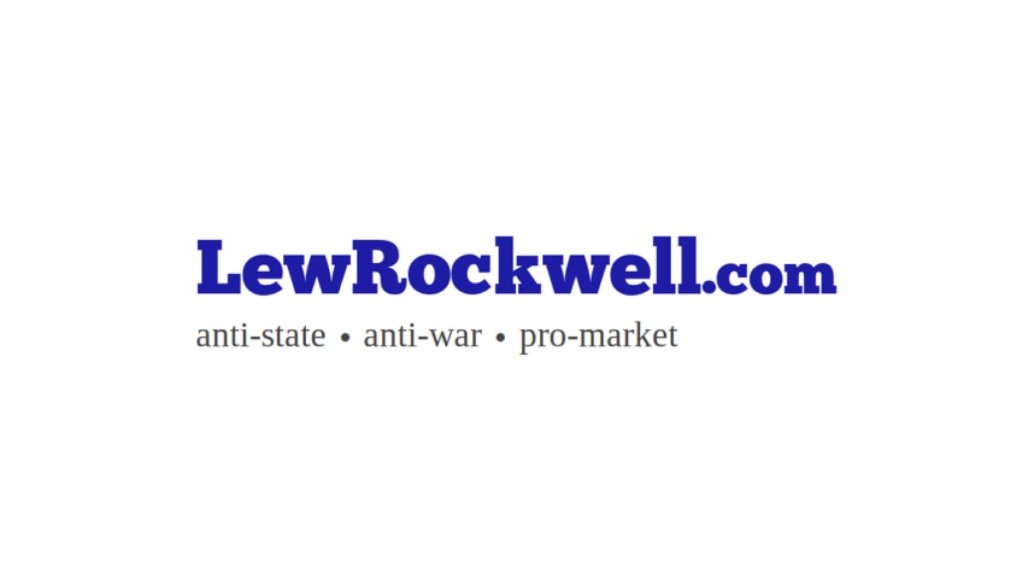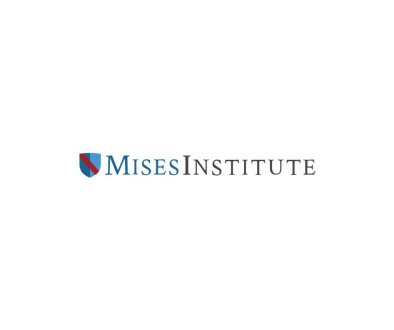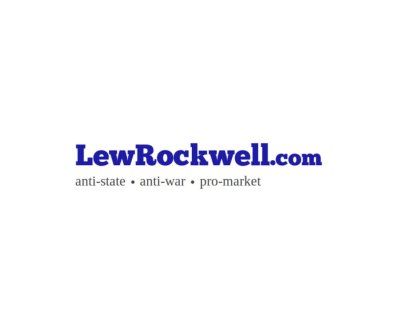Who Owns the Gold?
“Economics, in its most elegant form, is the study of cause and effect.”—John Rogers, Voting in Context: A Brief Economic History of American Politics
In 1933, people thought the world was ending and urged government to do whatever it could to relieve the pain of the Depression. In compliance thereof, FDR issued Executive Order 6102 on April 5, 1933 “forbidding the hoarding of gold coin, gold bullion, and gold certificates within the continental United States.”
Note the word, “hoarding”—a word with a negative tinge, suggesting the person hoarding is deliberately restricting supply for personal advantage. (See “The Virtue of Hoarding”). For many it summons the image of an anti-social miser. No one wanted to be branded a miser, especially by a president as beloved as FDR. Hoarders of gold, which was synonymous with owners of gold, were allegedly causing harm, therefore, hoarding had to stop.
What harm did hoarding cause? It was preventing government inflation of the money supply. Inflation would cause prices to rise, which the government thought was a good thing, especially in the current deflationary environment.
FDR commanded Americans to deliver their gold “to a Federal Reserve Bank or a branch or agency thereof or to any member bank of the Federal Reserve System” on or before May 1, 1933. Not exactly a long lead time, but this was an emergency. Civilization’s money since King Croesus of Lydia (modern Turkey) ordered gold coins struck around 550 BC was suddenly no longer doing its job.
Fed Amendments
Since 1917, when the US plunged into the Great War “over there,” government and the Fed were doing everything they could to take gold, and therefore, gold redemption, out of the public’s hands. As Benjamin Anderson reports (p. 87), an amendment to The Federal Reserve Act in 1917 required member banks,
…to carry all of their legal reserves as deposits with the Federal Reserve banks, their own gold and lawful money held in their own vaults no longer counting as legal reserves. This made it possible for the member banks to turn over all their gold to the Federal Reserve banks, receiving in return either deposit credits or Federal Reserve notes . . . (emphasis mine)
The amendment had two purposes: (1) conce
Article from LewRockwell

LewRockwell.com is a libertarian website that publishes articles, essays, and blog posts advocating for minimal government, free markets, and individual liberty. The site was founded by Lew Rockwell, an American libertarian political commentator, activist, and former congressional staffer. The website often features content that is critical of mainstream politics, state intervention, and foreign policy, among other topics. It is a platform frequently used to disseminate Austrian economics, a school of economic thought that is popular among some libertarians.




